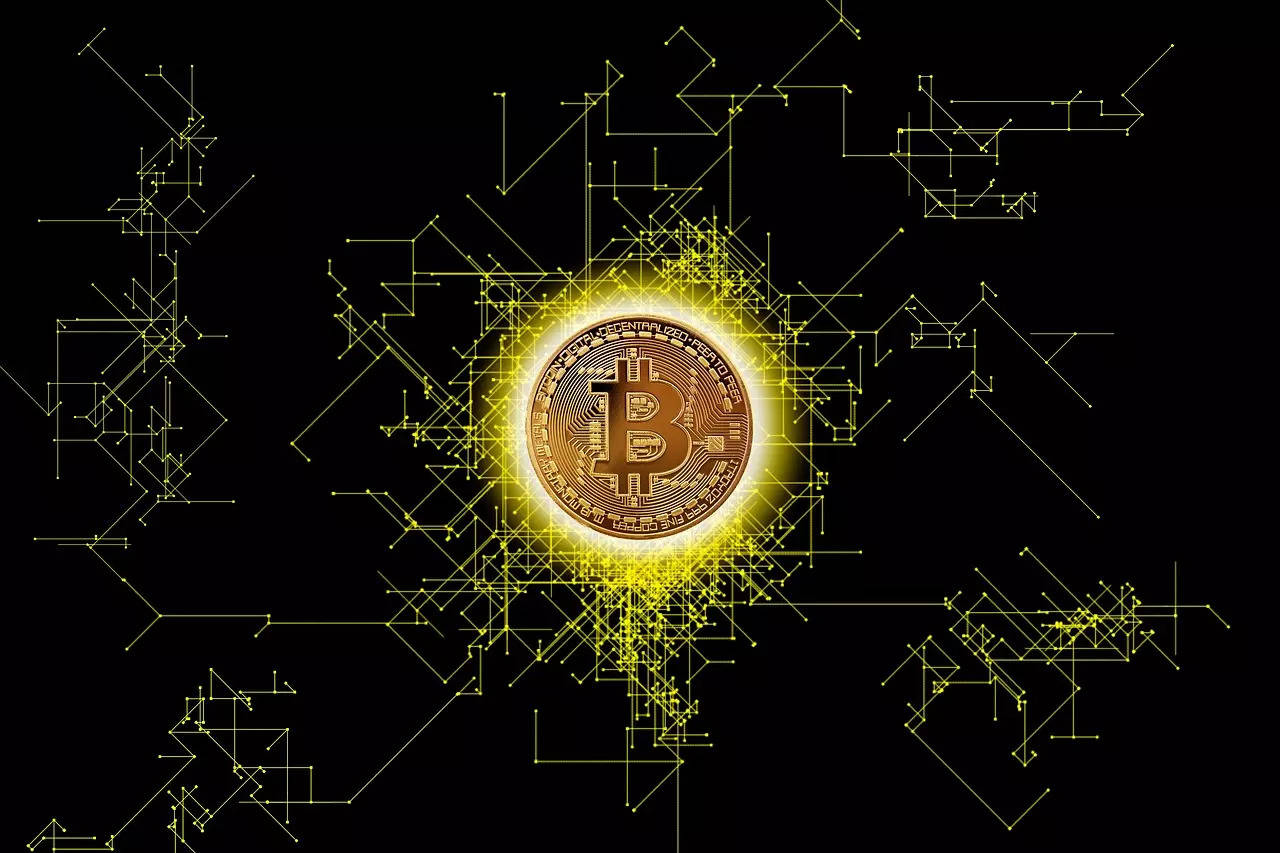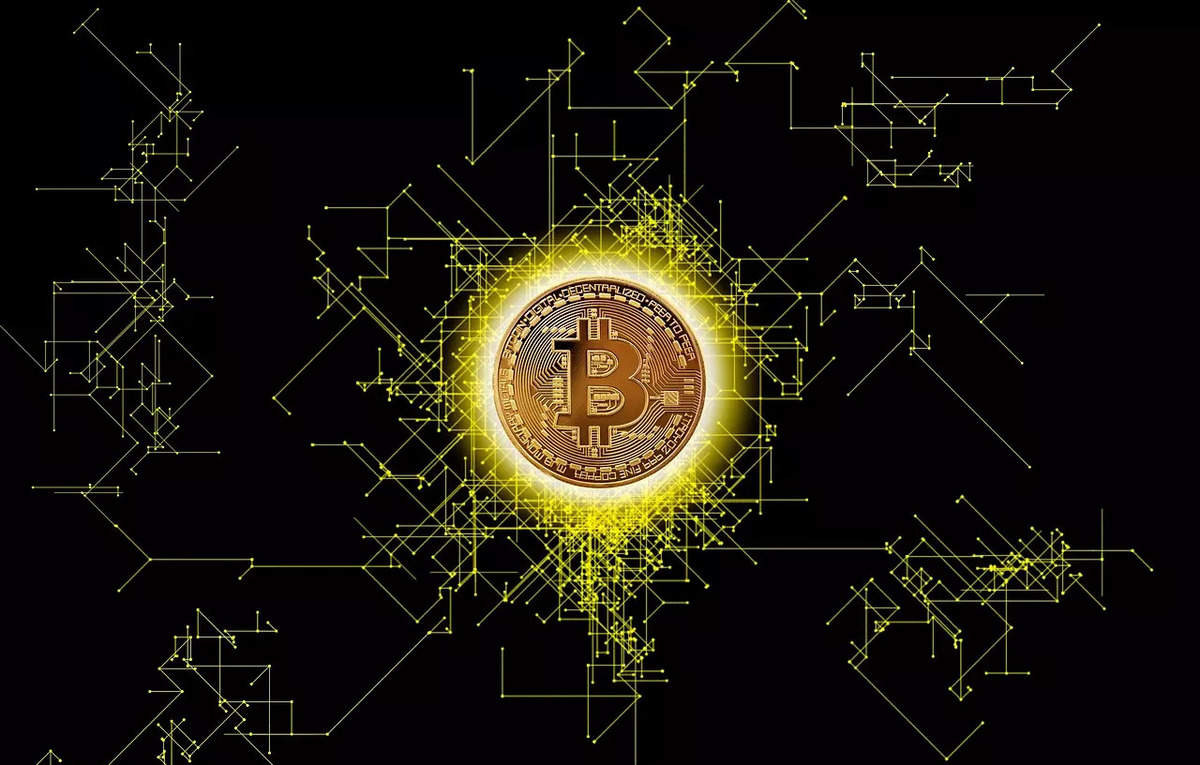
Artificial intelligence (AI) is transforming the world in unprecedented ways, offering new possibilities for innovation, efficiency, and social good. It also poses significant challenges and risks, especially when it comes to the quality and ethics of the data used to train and operate AI systems. Data is the fuel that powers AI, and the quality and ethics of data directly affect the accuracy, reliability, and fairness of AI outcomes. Poor data quality can lead to errors, biases, and inefficiencies, while unethical data collection and usage can violate privacy, security, and human rights. Therefore, it is imperative to ensure that the data that feeds AI is trustworthy, transparent, and accountable. This is where blockchain technology can play a vital role.Blockchain is a distributed ledger that records transactions in a secure, verifiable, and immutable way. It can provide a decentralised and tamper-proof platform for storing and sharing data among multiple parties, without the need for intermediaries or central authorities. It can also enable smart contracts, which are self-executing agreements that can trigger actions based on predefined rules and conditions. Blockchain can enhance the quality and ethics of data in AI in several ways, such as:
- Authenticity: Blockchain can verify the origin and provenance of data, ensuring that it is authentic and reliable. The ability to track the changes and modifications made to data over time, creating an audit trail that can help detect and prevent fraud, manipulation, and corruption. For example, it can help verify the identity and credentials of data providers, as well as the consent and permissions of data subjects. It can also help validate the quality and accuracy of data sources, as well as the integrity and consistency of data processing and analysis.
- Augmentation: I believe it can augment the intelligence and capabilities of AI by providing access to large and diverse datasets that can enrich the learning and performance of AI models. It can also facilitate data sharing and collaboration among different stakeholders, such as researchers, developers, regulators, and users, enabling cross-domain and cross-border data exchange and interoperability. The technology can also leverage smart contracts to automate data transactions and operations, such as data acquisition, aggregation, annotation, cleaning, and labeling, as well as data monetisation, compensation, and governance.
- Automation: As mentioned in my speeches, blockchain helps to automate the ethical and legal aspects of data and AI, such as compliance, accountability, and transparency. It can embed ethical principles and values into the design and development of AI systems, as well as the data that feeds them. It can also enforce ethical rules and regulations through smart contracts, such as data protection, privacy, security, and consent. It can also provide mechanisms for monitoring, auditing, and reporting the impacts and outcomes of data and AI, as well as for resolving disputes and addressing grievances.
Blockchain and AI are complementary technologies that can create synergies and benefits for each other. I have mentioned very briefly in my earlier article on trends to look at in 2024. Blockchain can improve the trustworthiness of data resources that AI models pull from and increase the speed of AI operations by connecting models to automated smart contracts. AI can enhance the efficiency and scalability of blockchain by optimising its performance, security, and usability. Together, they can create a more trustworthy, transparent, and accountable data and AI ecosystem that can foster innovation, value creation, and social good. However, this combination is not a silver bullet that can solve all the challenges and risks of data and AI. They also have their own limitations and drawbacks, such as technical complexity, performance issues, energy consumption, and governance challenges. Therefore, it is important to adopt a holistic and balanced approach that considers the opportunities and challenges of both technologies, as well as the ethical and social implications of their integration and application.
The potential of this intersection is not only theoretical, but also practical and observable. Recently, several developments have highlighted the emerging synergy between AI and cryptocurrency, which is a subset of blockchain technology that enables digital currencies and payments. For instance, Grayscale Investments, the world’s largest digital asset manager, published a research report that reveals the impressive performance of AI-related crypto assets, which are up 522% in the last year, outperforming the Utilities and Services Crypto Sector (+86%) over the same period. The report also discusses how blockchain and AI can address future AI-related societal issues, such as the rise of deepfakes, concerns around data privacy, and concentration of power.
Another example of the convergence of AI and cryptocurrency is the AI fever that took over the World Economic Forum in Davos, Switzerland, in January 2024, pushing crypto aside as the new cool kid on the block. Some of the world’s biggest companies, such as Intel and Salesforce, showcased their AI products and services, while the AI House hosted events and discussions on various topics related to AI and blockchain, such as verifying content authenticity, reducing model bias, and improving access and competition within AI development. The AI dominance at Davos reflects the rapid rise in AI investments and interest last year, sparked by the explosion of popularity of ChatGPT, the AI chatbot developed by OpenAI, and launched at the end of 2022. ChatGPT is an AI system that can generate natural language responses to any text input, using a large dataset of internet conversations. It has been widely praised for its ability to produce coherent, engaging, and sometimes humorous dialogues, as well as for its potential applications in various domains, such as education, entertainment, and customer service.
In my opinion, it also raises some ethical and technical challenges, such as the risk of generating harmful or misleading content, the lack of transparency and accountability of its algorithms, and the difficulty of verifying and controlling its data sources. This is where blockchain technology can come in handy, as it can provide solutions for ensuring the quality and ethics of the data and AI. For instance, blockchain can help verify the origin and validity of the data used to train and operate ChatGPT, as well as the consent and preferences of the users and data subjects. Blockchain can also help track and audit the changes and outcomes of its interactions, as well as enforce ethical rules and regulations through smart contracts. Blockchain can also help augment and automate ChatGPT’s capabilities, by providing access to more diverse and reliable data sources, facilitating data sharing and collaboration, and enabling data monetisation and governance.
In conclusion, blockchain technology can offer a valuable solution for enhancing the quality and ethics of data and AI, as well as for creating synergies and benefits with AI and cryptocurrency. This intersection is not only theoretical, but also practical and observable, as evidenced by the recent developments in the field, such as Grayscale’s new study and the AI fever at Davos. These developments indicate a transformative phase where AI and cryptocurrency coalesce, fostering a landscape ripe for innovation and societal benefit.
This union is not only redefining blockchain’s utility, but also addressing critical challenges in AI governance and development. However, this union also requires a careful and balanced approach that considers the opportunities and challenges of both technologies, as well as the ethical and social implications of their integration and application.
Anndy Lian is an Intergovernmental Blockchain Expert and Best Selling Book Author “NFT: From Zero to Hero”. The views in this article are personal and do not represent the organisation’s views.


